Search Results
Showing results 1 to 20 of 42
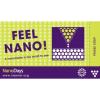
Exploring Tools: Special Microscopes
Source Institutions
In this activity, learners use a flexible magnet as a model for a scanning probe microscope (SPM). They learn that SPMs are an example of a special tool that scientists use to work on the nanoscale.
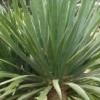
How Plants Grow
Source Institutions
In this biology activity (page 3 of the PDF), learners will explore how plants turn sunlight into food through a process called photosynthesis.

Solar Structures
Source Institutions
In this activity, learners explore how the power of the sun can be harnessed to heat and cool a building.
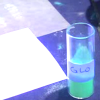
Glowing in the Dark
Source Institutions
In this activity, learners explore phosphorescence and how certain materials can absorb and store energy from a light source.

Universal Indicator Rainbow Trout
Source Institutions
In this activity on page 2 of the PDF, learners discover how color changes can help scientists distinguish between acids and bases.
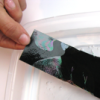
Exploring Materials: Thin Films
Source Institutions
In this activity, learners create a colorful bookmark using a super thin layer of nail polish on water. Learners discover that a thin film creates iridescent, rainbow colors.
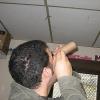
Spectroscope
Source Institutions
In this activity (posted on March 12, 2011), learners follow the steps to construct a spectroscope, a tool used to analyze light and color.

Terrestrial Hi-Lo Hunt
Source Institutions
In this outdoor activity, learners search for the warmest and coolest, windiest and calmest, wettest and driest, and brightest and darkest spots in an area.
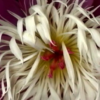
The Colors of Flowers
Source Institutions
In this activity, learners perform an experiment to find out what determines a flower's color.
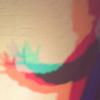
Colored Shadows Investigation
Source Institutions
This activity (located on page 3 of the PDF under GPS: Light and Color Activity) is a full inquiry investigation into mixing colors with light.
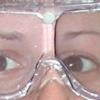
Altered Reality
Source Institutions
In this activity, learners discover that the human brain is highly adaptable. Learners try to toss beanbags at a target while wearing prism goggles.
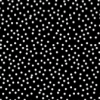
Invisible Sunblock
Source Institutions
This is a hands-on activity exploring how nanoscale particles are used in mineral sunblocks to increase their transparency.
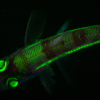
Illuminating Luminescence
Source Institutions
In this activity, learners compare and contrast different forms of luminescence by observing how chemiluminescence, phosphorescence, and fluorescence produce or emit light.
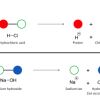
Chemical Identification
Source Institutions
In this activity, learners discover how a cabbage juice indicator helps identify acids and bases, and how iodine indicates the presence of starch.
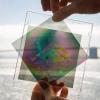
Polarized Light Mosaic
Source Institutions
In this activity, learners use transparent tape and polarizing material to create and project beautifully colored patterns reminiscent of abstract or geometric stained glass windows--no glass required
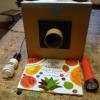
Cardboard Opaque Projector
Source Institutions
In this activity, learners construct a projector out of cardboard to view their favorite images (such as storybook illustrations) on the wall.
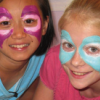
Structure of Matter: Pigment vs. Iridescence
Source Institutions
This is an activity (located on page 3 of the PDF under Butterfly Wings Activity) about how visible light is affected by tiny nanoscale structures, producing iridescence on butterfly wings, soap bubbl
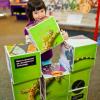
Build a Giant Puzzle!
Source Institutions
In this activity, learners assemble large cubes to make nano-related images. Learners discover how different objects are related to nanoscience and nanotechnology.
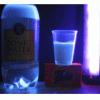
Glow Up
Source Institutions
In this activity, learners explore chemiluminescence and fluorescence. Learners examine 3 different solutions in regular light, in the dark with added bleach solution, and under a black light.
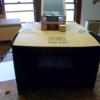
Cardboard Box Camera Obscura
Source Institutions
In this activity, learners construct a device that projects images onto a surface, so they can trace landscapes and other sights.
